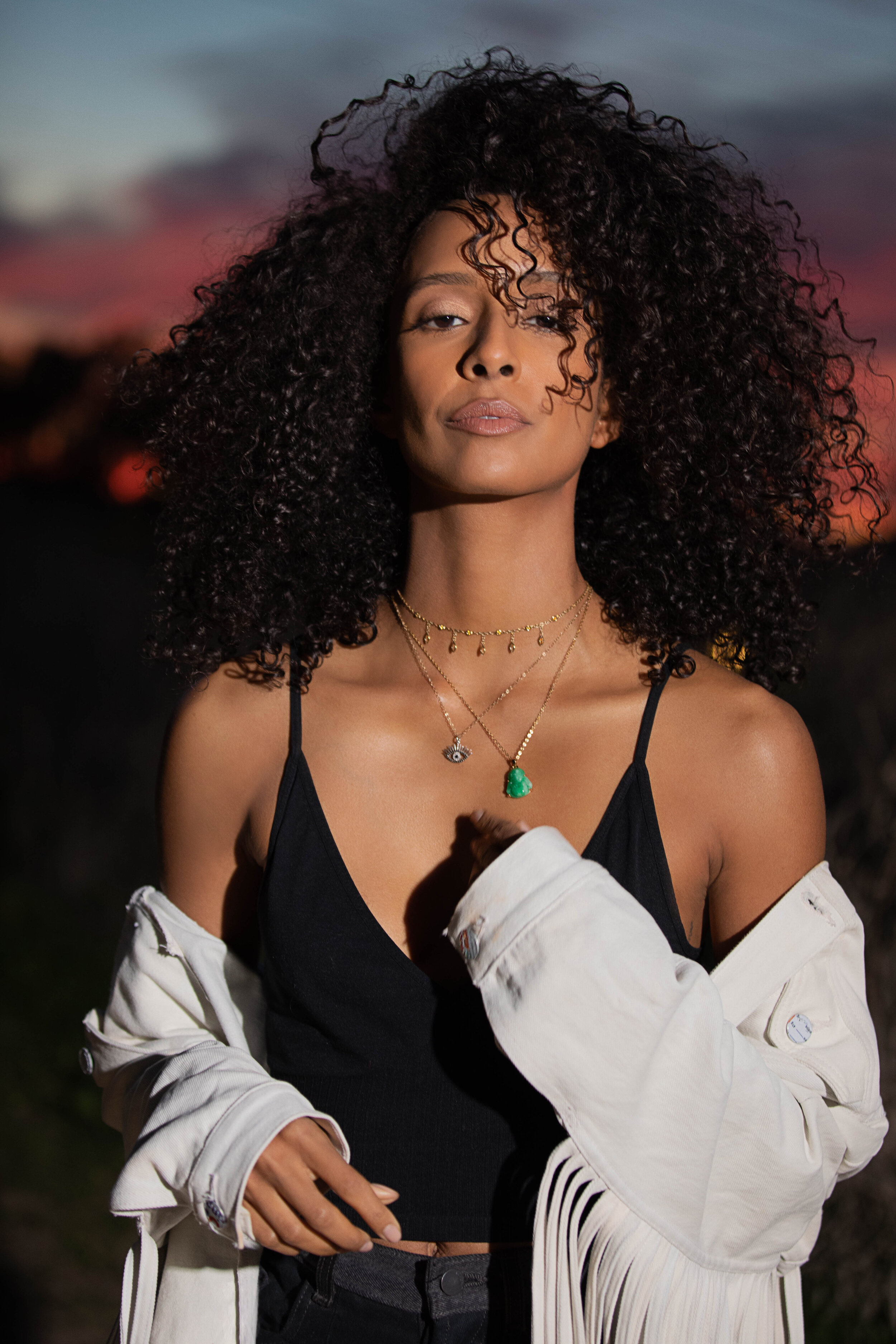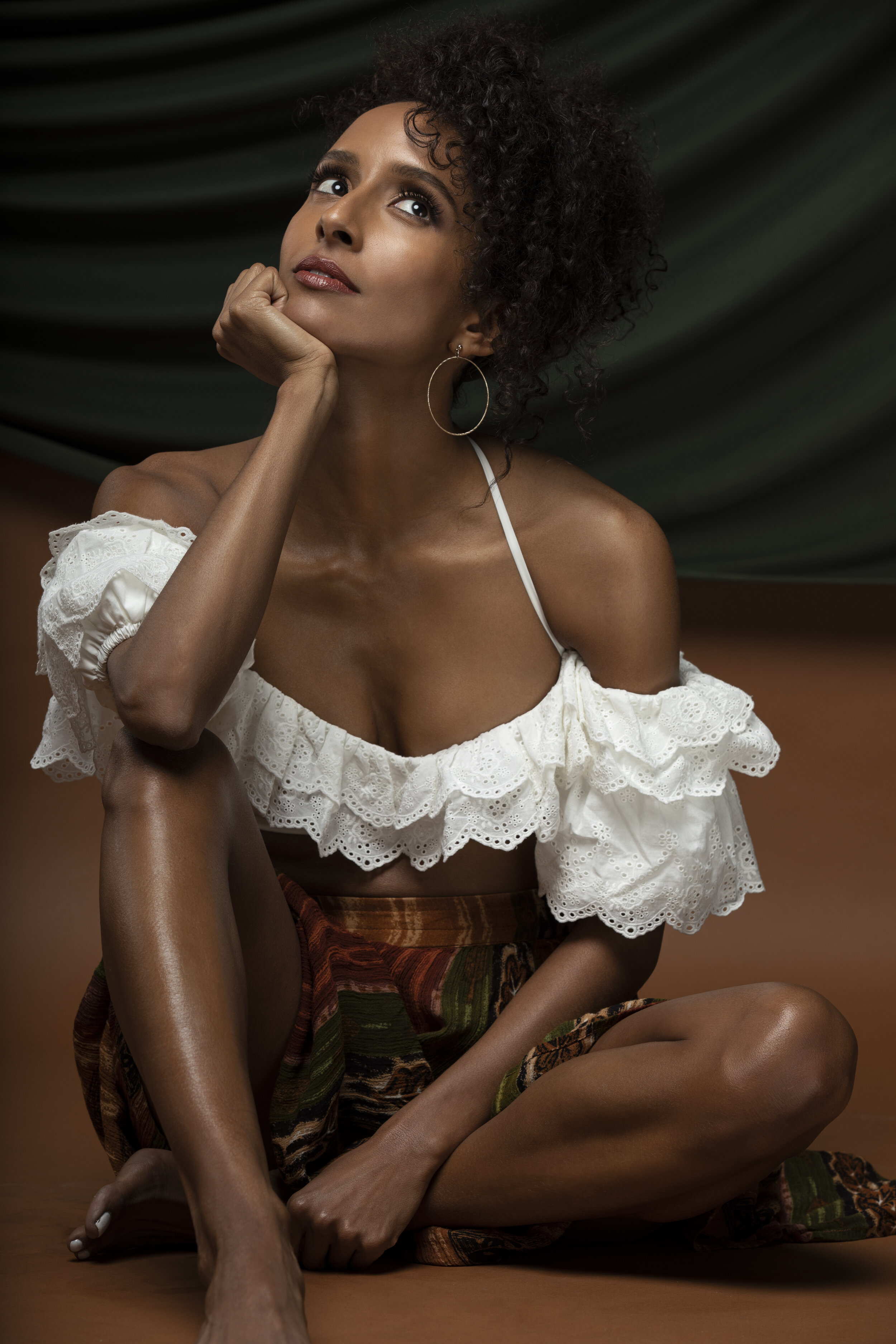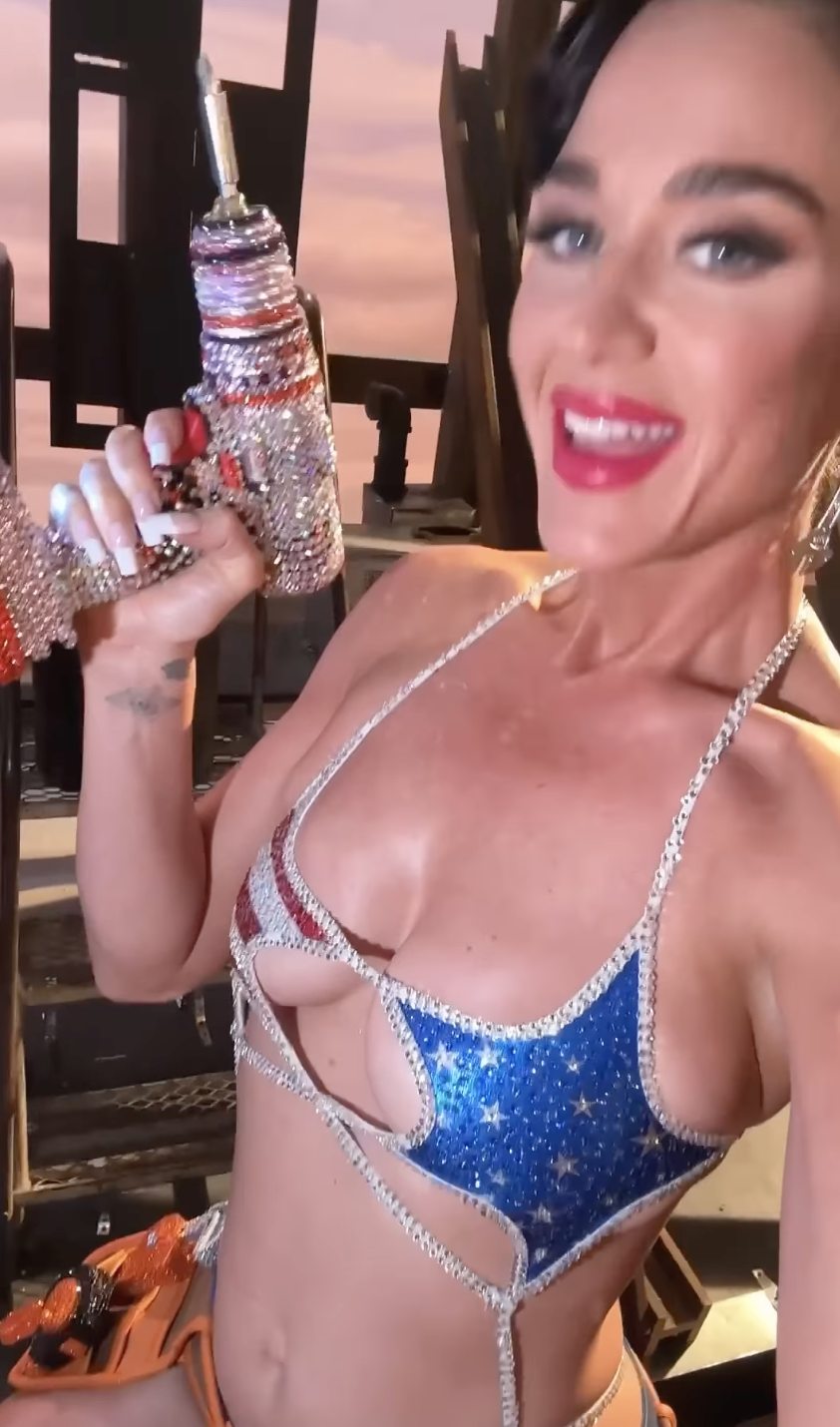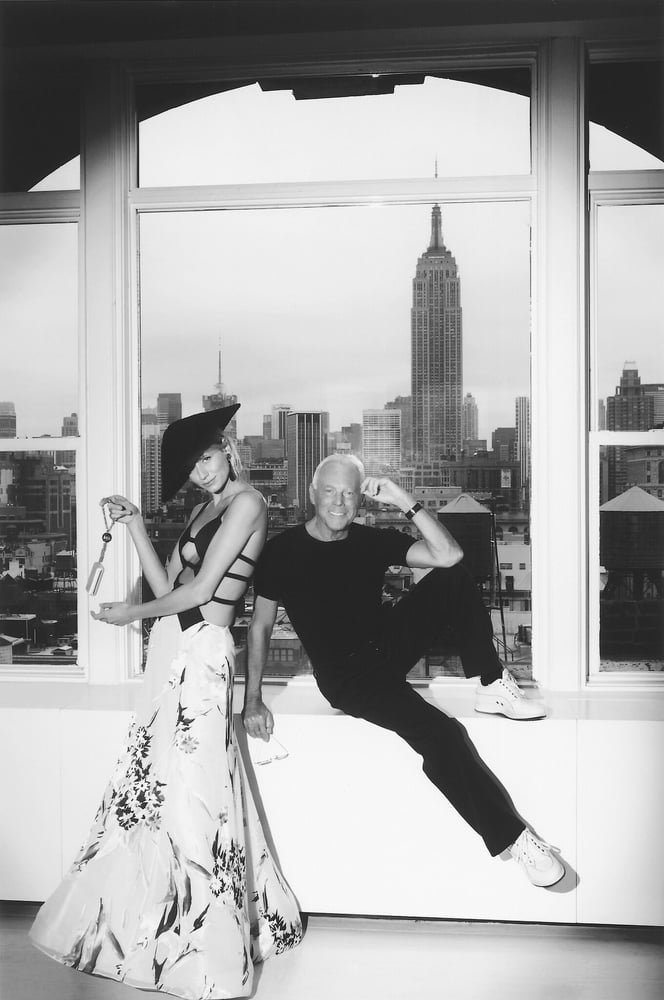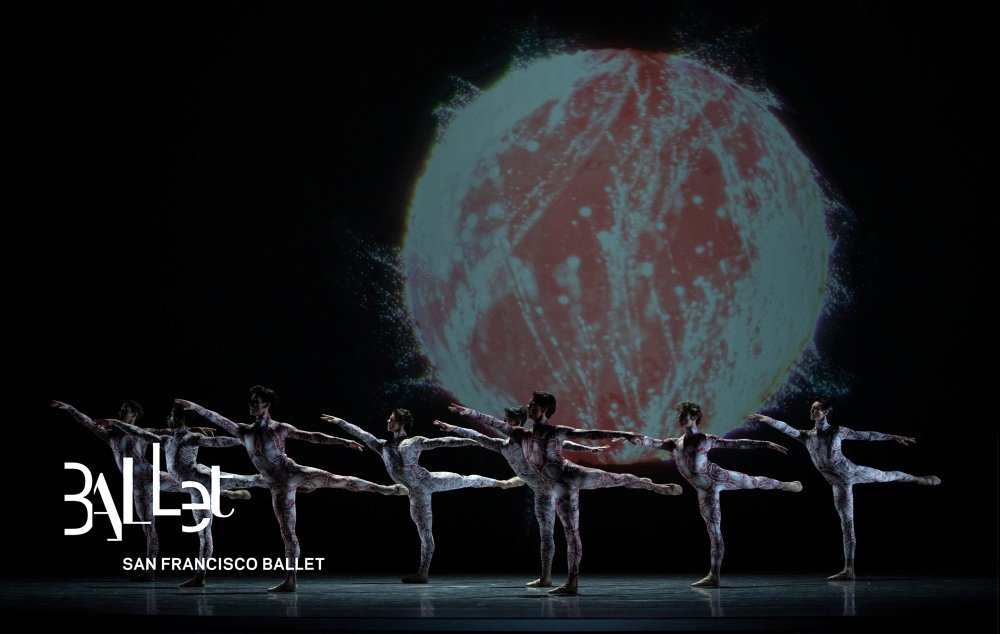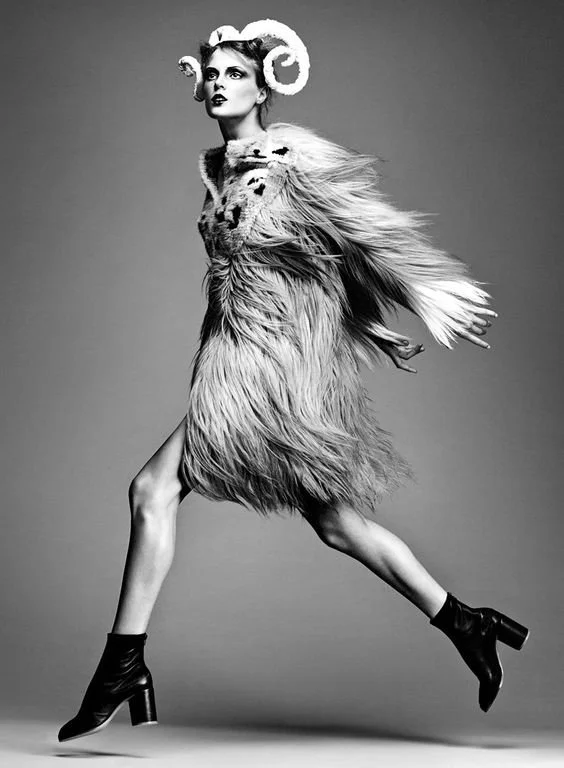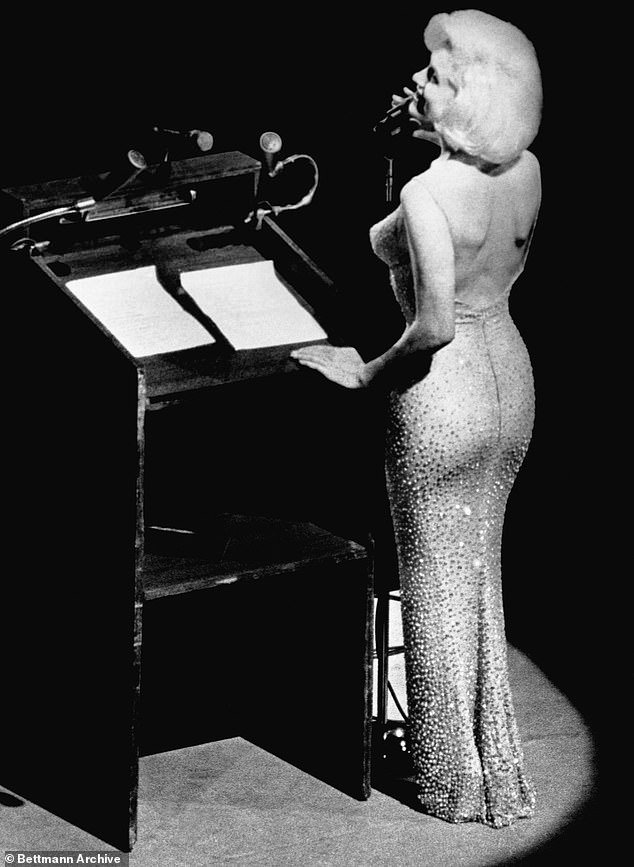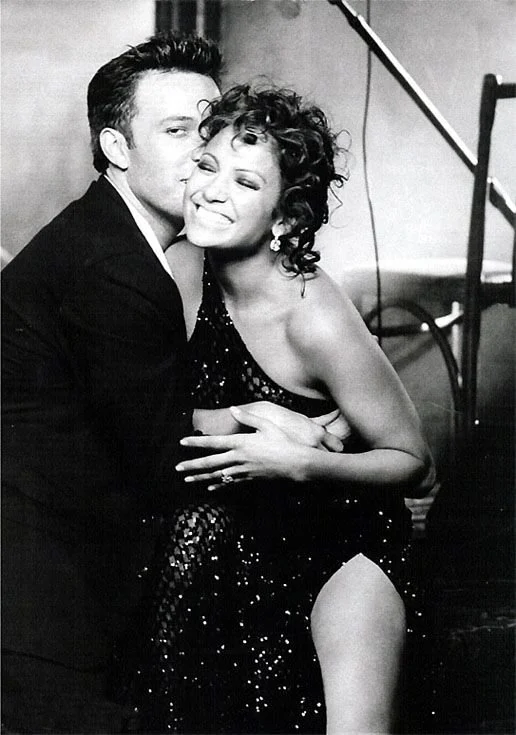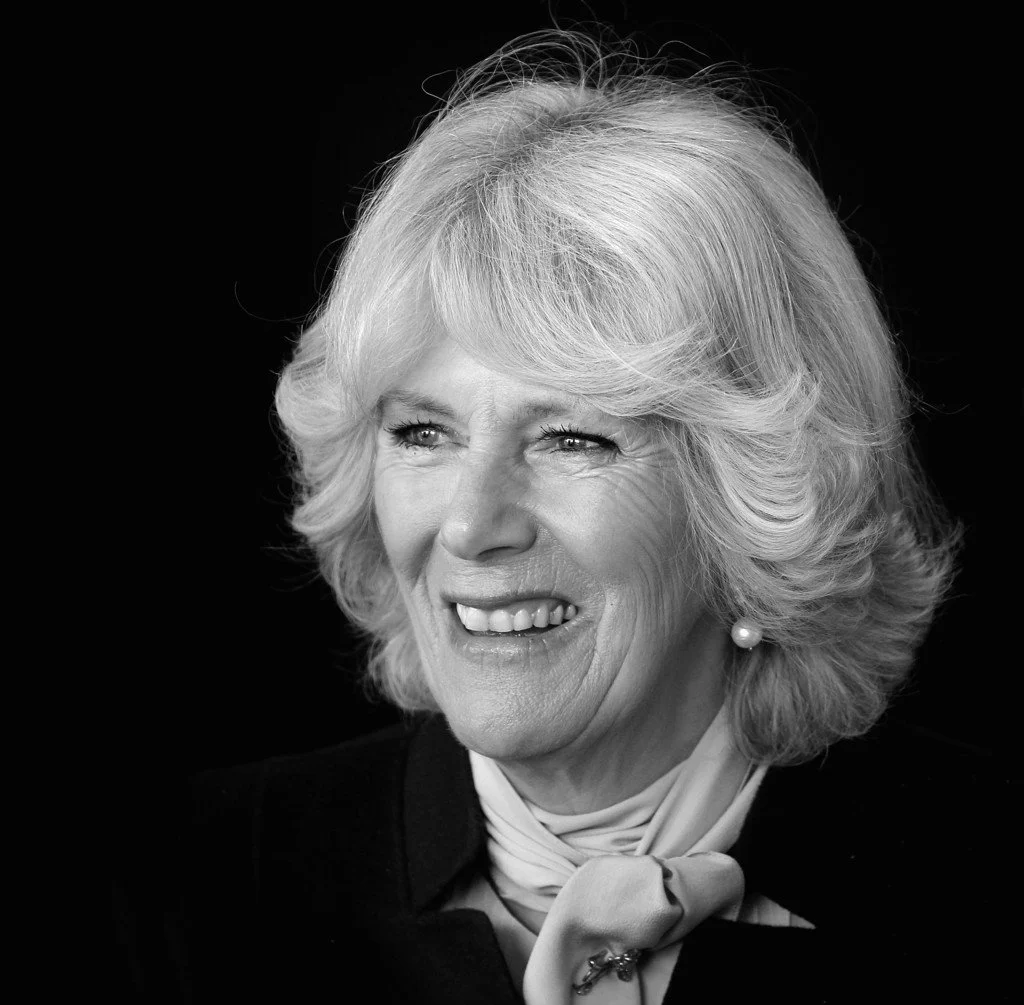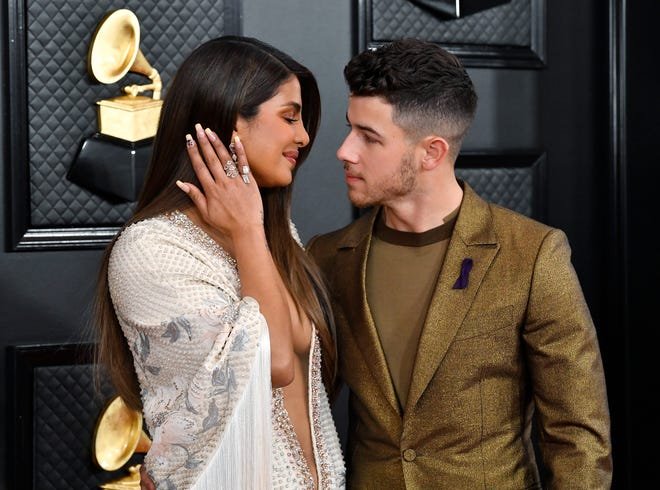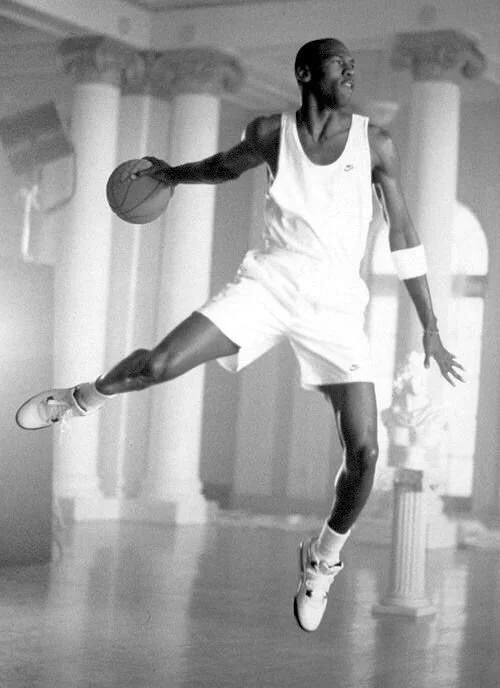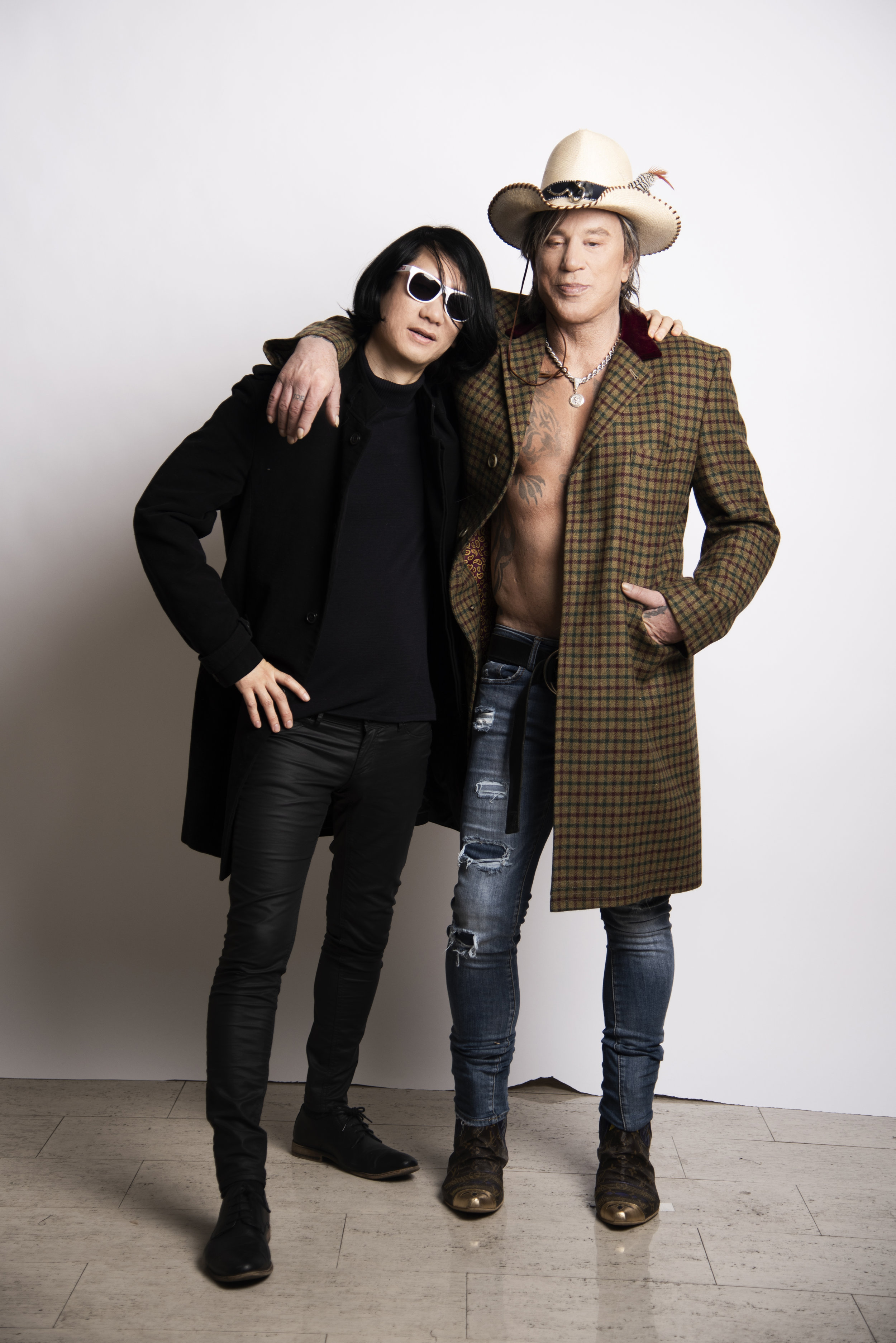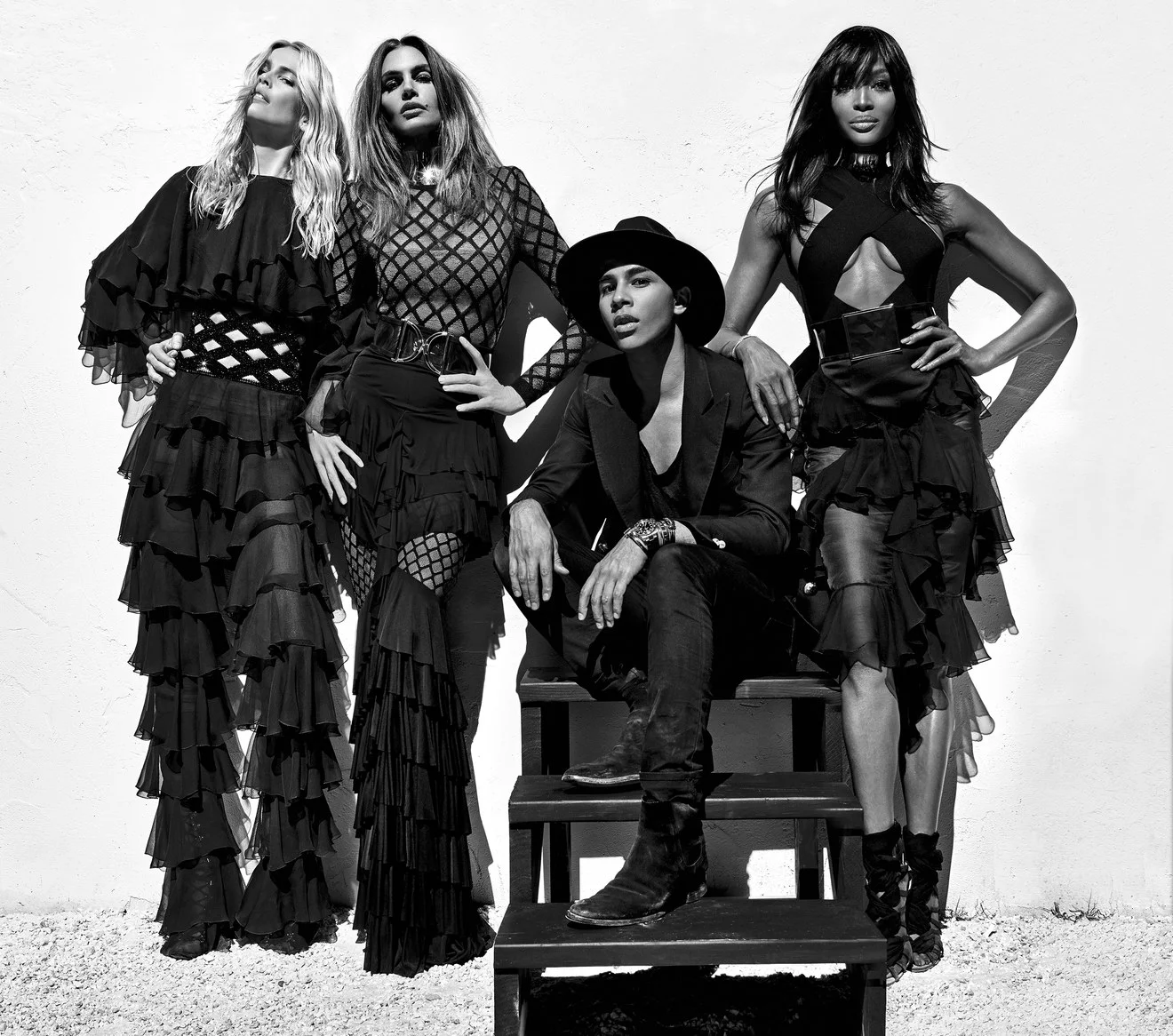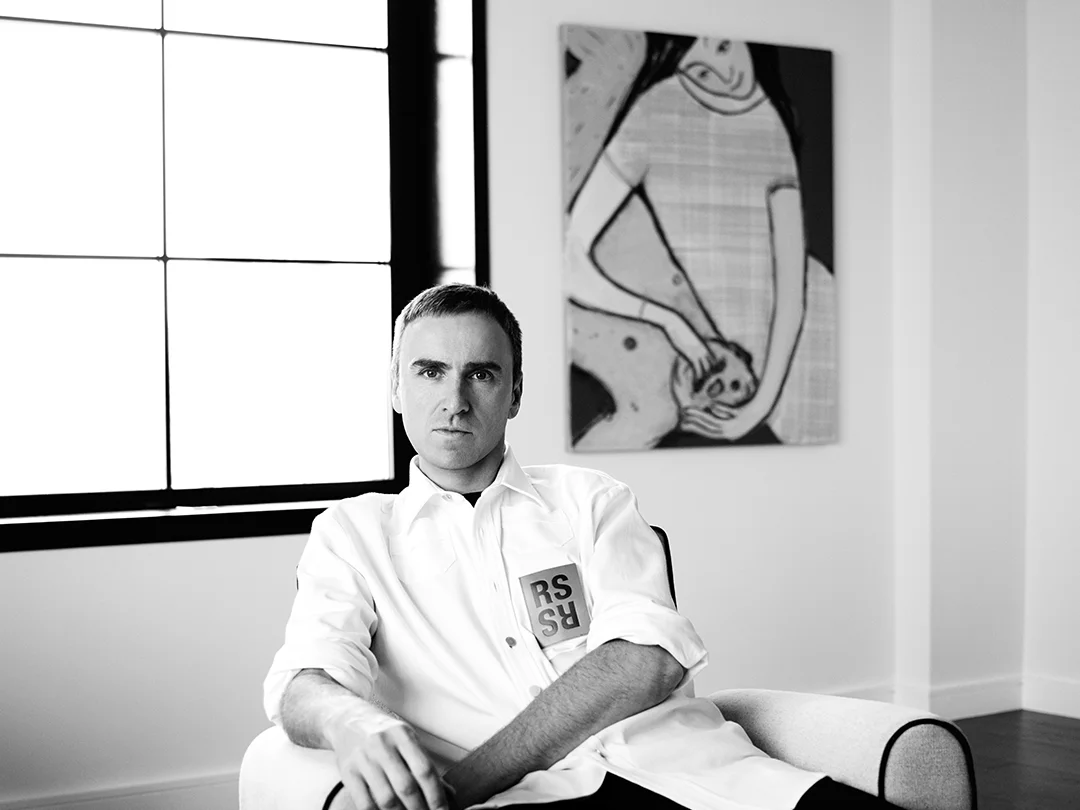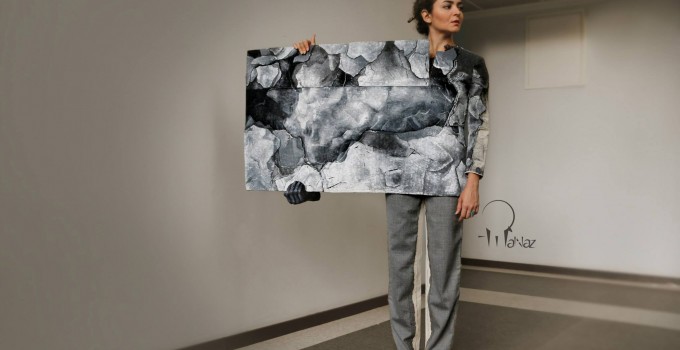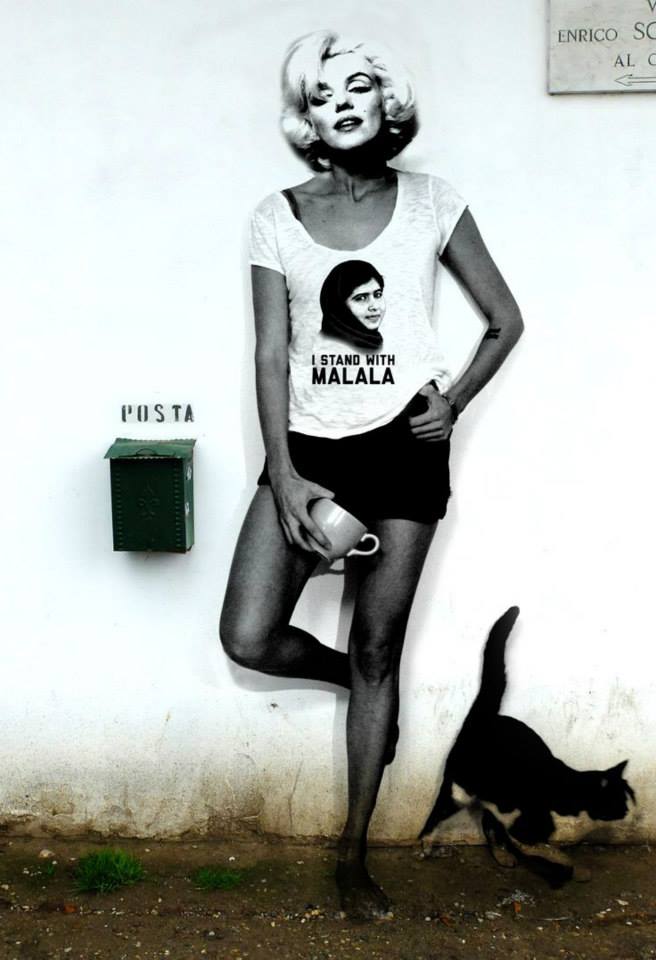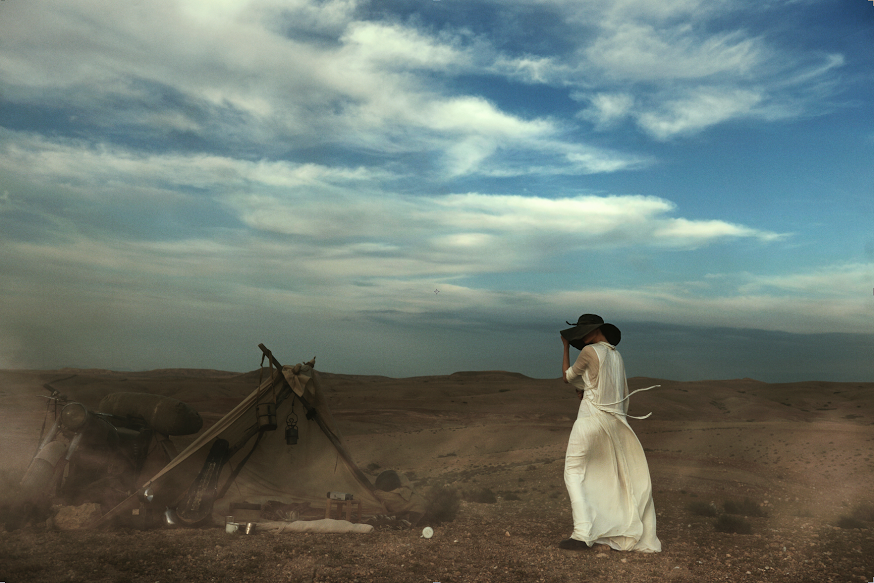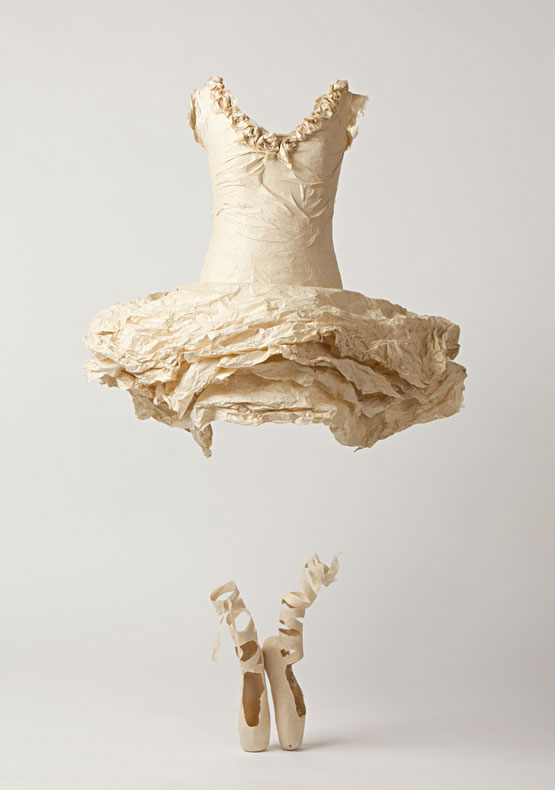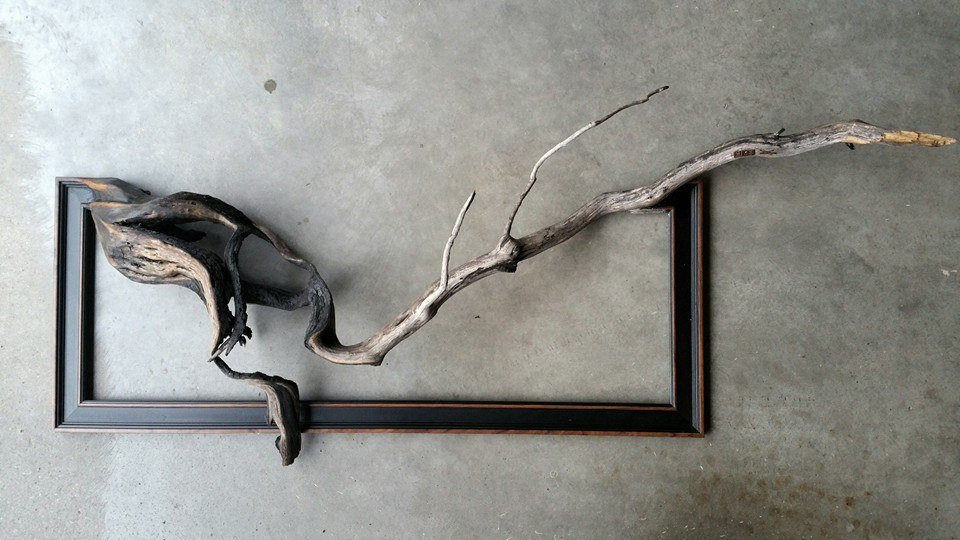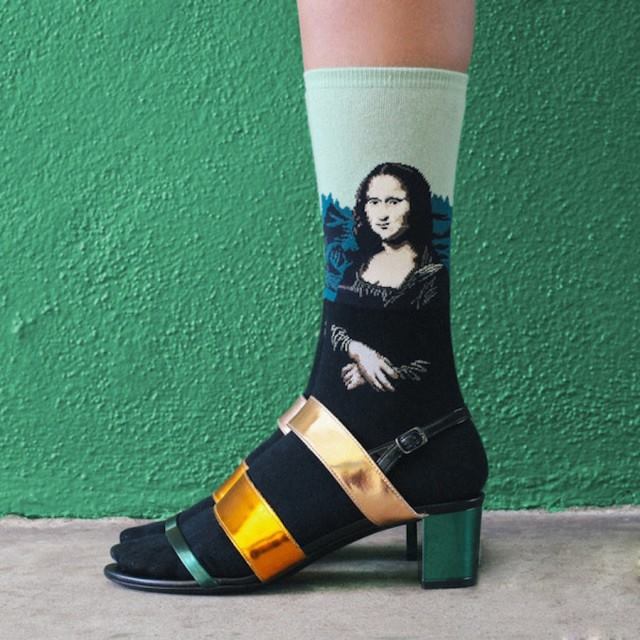INTERVIEW by Giulia Juliet Belkin
Photography: ASHLEY NGUYEN
From young girl dreaming of becoming an actress to her own action figure, actress Elizabeth Grullón is the definition of self-made in Hollywood. A product of humble beginnings, she is a first generation American born to Dominican parents in Queens, NY. Since an early Elizabeth found films as an inspiration in life and her parents supported her dream. Elizabeth pursued her acting by attending the University of Minnesota/Guthrie Theater B.F.A Actor Training Program where she met Ken Washington, the father of the program and mentor to the likes of Oscar winner Maheshala Ali. Ken encouraged Elizabeth and her parents to send her to the program.
Elizabeth career began with a series such as FX “Mayans M.C.,” ABC “Scandal,”, ABC “The Catch", CBS “Criminal Minds.” She was also the voice of ‘Camilla’ in Disney’s “The Owl House.” Some of her latest achievement include landing the role of Abigail Hayes, wife of a newer character Dr. Hayes, played by Richard Flood on the “Grey’s Anatomy” show.
Elizabeth also performed full motion capture for the highly anticipated video game “Star Wars Jedi: Fallen Order” as the central antagonist ‘The Second Sister;’ aka 'Trilla Suduri,' once a promising Jedi, now an Inquisitor for The Empire and the final boss to beat the game. With this role Elizabeth Grullón has become a fan favorite and is officially part of the Star Wars canon including her very own action figure.
When Elizabeth is not acting she teaches meditation and mindfulness in Los Angeles. An avid meditator, Elizabeth empowers herself through meditation which helps her to find her authentic voice in the industry.
Giulia: How did you start your Hollywood career?
Elizabeth: My mentor at the actor training program I attended at the Guthrie Theater, Ken Washington, introduced me to my first manager while I was still living in Minnesota. A year later, I moved to LA without a single connection except for that manager. We met and they started sending me out on amazing auditions right away but I don’t think I was ready at the time. It took years of slugging away at auditions, doing small guest roles here and there, commercials and trying different approaches before things started falling into place a bit more. I credit meditation with helping me release into a sense of alignment and flow. As I became more intimate with myself and began valuing myself more the jobs roles got better and more “me.” Ultimately, I think success is about feeling worthy.
Ms.Grullón is committed to using her voice to help protect the planet and the environment. She believes Earth is the most sacred gift that we have been given and therefore will be lending her voice to the issue of climate change as well as pushing for legislation to protect the planet. Elizabeth also plans on joining forces with her mother, Mercedes, a retired head start teacher for low income families, to help children of undocumented parents gain access to basic resources and medical care.
Giulia: How does it feel to become part of the iconic TV series, "Grey's Anatomy"?
Elizabeth: It’s such an honor! I have so much respect for the show and everyone involved. It’s impressive to witness the evolution of a series like that over so many years. I feel grateful to be a small piece in a magnificent puzzle.
Giulia: Can you share a little about the character you are portraying?
Elizabeth: Yes! I play Abigail Hayes, wife of a newer character on the show, Dr. Hayes, played by Richard Flood. The audience gets to see our relationship develop over a series of flashbacks which give a lot more insight into Dr. Hayes.
Giulia: What’s it like preparing for a role?
Elizabeth: Shout out to the writers of “Grey’s Anatomy” - they gave me such a gift. The moment I read the words for the first time I was bawling my eyes out. Writing like that makes my job a lot easier.
Giulia: What is your dream role?
Elizabeth: I’d love to bring a role I played in the Star Wars universe - a woman by the name of The Second Sister - to the big screen. That would be a ‘pinch me’ moment for sure.
Giulia: Who inspires you in Hollywood and why?
Elizabeth: My friend Lena Waithe inspires me - she’s so dedicated to her community. It’s very powerful to have someone firing on all cylinders who genuinely puts “us” before “me.” I also love Regina King, another phenom. King does it ALL and she makes it look easy. There are so many women who blow me away every day! Women of color in particular are simply miraculous.
Giulia: What did your every day look like before the Coronavirus started?
Elizabeth: I’m an actor so no two days are ever the same. Generally I would meditate, have coffee, get ready and go to an audition or to meet a friend for lunch. Probably run a few errands, chat with family. Some days I’m on set making Star Wars or Party of Five or Grey’s Anatomy but those days are less common. Most of an actor’s life is preparing for those days.
Giulia: How does the current situation in the world affect you personally?
Elizabeth: My entire industry has slammed to a halt, but more importantly I have a lot of family and friends in New York City - that’s where I’m from. I have a cousin who works in a Covid-19 hospital in Brooklyn and has contracted the virus. Personally, I am one of the lucky ones - I have what I need and I am afforded the luxury of staying home. It’s definitely been a strange and surreal time. I’m just taking it one day at a time, as gently as I can.
Giulia: I hear you are an avid meditator. How do you think meditation can help us in the situation of this pandemic?
Elizabeth: I am! Mindfulness can help to ease our anxiety. It empowers us to unhook from fear which is widespread in our media and culture, especially now. When we soften our anxiety in this way, we are able to hold a loving space for ourselves and others which is sorely needed right now. Nurses, first responders, doctors - the people on the front lines need our calm, peaceful, loving presence. Adding more fight or flight response to the collective does not help. I could go on and on - mindfulness really changed my life.
Giulia: How do you wish to use your voice?
Elizabeth: I want to empower young brown-skinned girls everywhere to follow their hearts and know that they are worthy of all of the best life has to offer. I want to help people feel seen and understood through my work. I want to use my voice to help protect and restore our environment.
Giulia: What is next for Elizabeth?
Elizabeth: That all changed when Covid-19 stormed on to the scene. I have some projects on the docket at the moment but they are all on a long quarantine pause. The only thing that matters now is our health and telling the people we love that we love them. Now is the time for us to sweep the fear from our hearts.
Giulia: Well said!
